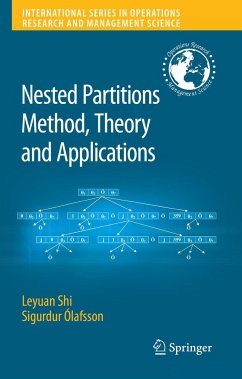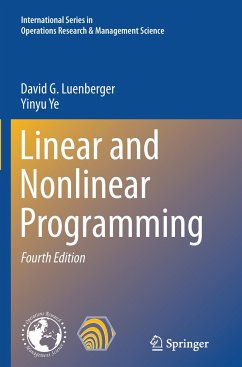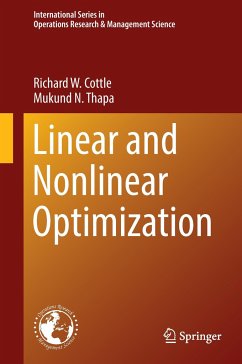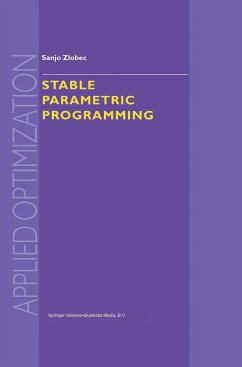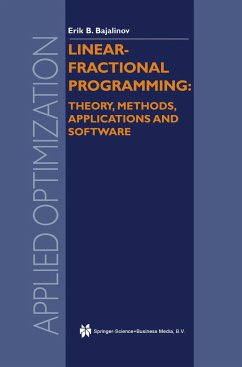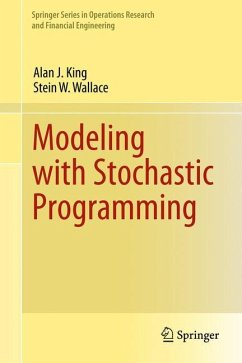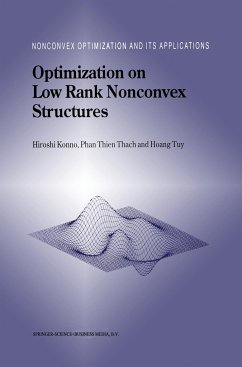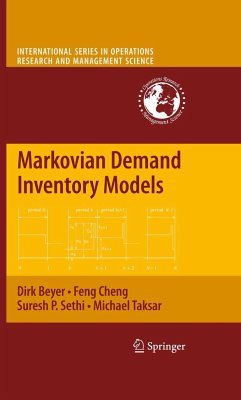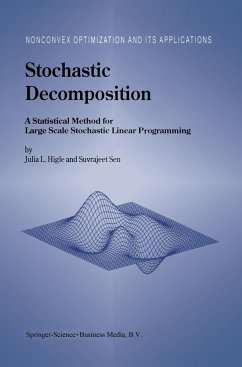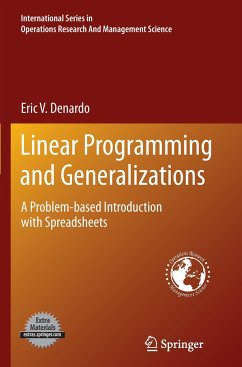
Linear Programming and Generalizations
A Problem-based Introduction with Spreadsheets
Versandkostenfrei!
Versandfertig in 6-10 Tagen
58,99 €
inkl. MwSt.
Weitere Ausgaben:

PAYBACK Punkte
29 °P sammeln!
This book on constrained optimization is novel in that it fuses these themes: -use examples to introduce general ideas; -engage the student in spreadsheet computation;-survey the uses of constrained optimization;. -investigate game theory and nonlinear optimization, -link the subject to economic reasoning, and -present the requisite mathematics.Blending these themes makes constrained optimization more accessible and more valuable. It stimulates the student's interest, quickens the learning process, reveals connections to several academic and professional fields, and deepens the student's grasp...
This book on constrained optimization is novel in that it fuses these themes: -use examples to introduce general ideas; -engage the student in spreadsheet computation;-survey the uses of constrained optimization;. -investigate game theory and nonlinear optimization, -link the subject to economic reasoning, and -present the requisite mathematics.Blending these themes makes constrained optimization more accessible and more valuable. It stimulates the student's interest, quickens the learning process, reveals connections to several academic and professional fields, and deepens the student's grasp of the relevant mathematics. The book is designed for use in courses that focus on the applications of constrained optimization, in courses that emphasize the theory, and in courses that link the subject to economics.




